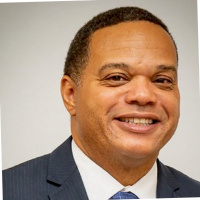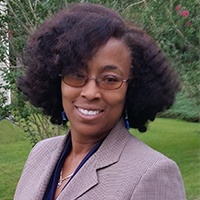Providence DUI-DWI Lawyer, North Carolina
Lawrence Thomas McPhail
✓ VERIFIEDDUI-DWI, Criminal, Car Accident
Lawrence Thomas McPhail is a retired Troop Commander for the North Carolina State Highway Patrol, having served for twenty-eight years. He also served... (more)
Kathy Williams Richardson
✓ VERIFIEDCriminal, Divorce & Family Law, DUI-DWI
Kathy has been practicing law since 1992, and is the founder of Kathy S. Williams P.L.L.C. Born to a military U.S. family in Okinawa, Japan, she grew ... (more)
FREE CONSULTATION
CONTACTH. Clay Hemric
Criminal, DUI-DWI, Personal Injury, Traffic, Workers' Compensation
Status: In Good Standing
Scott Galiger
Social Security -- Disability, Workers' Compensation, DUI-DWI, Medical Malpractice
Status: In Good Standing
FREE CONSULTATION
CONTACTJames M. Borden
Landlord-Tenant, Real Estate, DUI-DWI, Criminal
Status: In Good Standing Licensed: 24 Years



